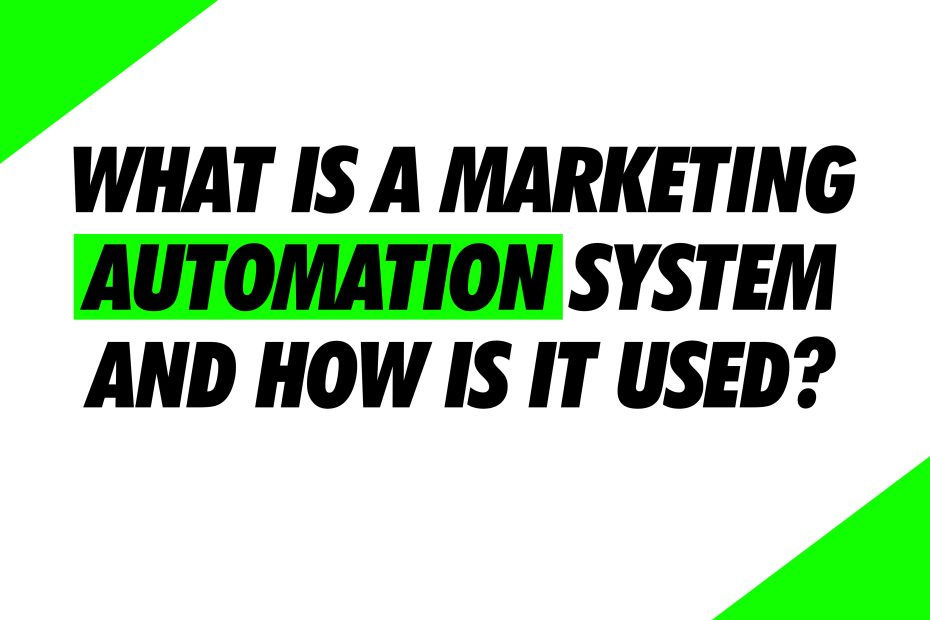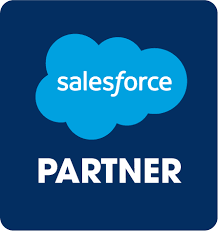Introduction
In the rapidly evolving landscape of digital marketing, efficiency and effectiveness are paramount. Marketing automation system have emerged as essential tools for businesses seeking to optimize their marketing efforts. This article dives into the concept of marketing automation systems, shedding light on what they are and how they are employed to achieve marketing goals.
What is a Marketing Automation System?
A marketing automation system is a software platform designed to automate and streamline various marketing tasks and processes. It leverages technology to facilitate the management of repetitive and time-consuming marketing activities, enabling businesses to engage with their audience more efficiently and effectively. Marketing automation systems encompass a wide range of functionalities, including email marketing, lead nurturing, customer segmentation, and analytics.
How is a Marketing Automation System Used?
Lead Generation and Capture:
Marketing automation systems play a pivotal role in lead generation. They allow businesses to create and deploy lead capture forms on their websites, social media, and landing pages. These forms collect valuable information from visitors such as names and email addresses, which can be used to build a database of potential customers.
Lead Nurturing:
Marketing automation systems facilitate lead nurturing and they enable businesses to create automated email campaigns that deliver targeted and relevant content to leads at various stages of the sales funnel. This process helps build relationships and guides leads towards conversion.
Personalization:
Personalization is a key aspect of modern marketing, and marketing automation systems excel in this area. These systems use data and insights to personalize marketing messages, ensuring that content resonates with each recipient. Personalization increases engagement and conversion rates.
Segmentation:
Marketing automation systems allow businesses to segment their audience based on various criteria, such as demographics, behavior, and purchase history. Segmentation enables highly targeted marketing campaigns, delivering the right message to the right people at the right time.
Email Marketing:
Email marketing is a core component of marketing automation. These systems enable the creation, scheduling, and automation of email campaigns. They also provide detailed analytics to track open rates, click-through rates, and other metrics to assess campaign effectiveness.
Analytics and Reporting:
Marketing automation systems offer robust analytics and reporting tools. Businesses can track the performance of their marketing campaigns, measure ROI, and make data-driven decisions to optimize future strategies.
Integration:
Many marketing automation systems integrate with other tools and platforms, such as CRM systems, social media, and e-commerce platforms. This integration ensures a seamless flow of data and enhances the overall marketing ecosystem.
Scalability:
Marketing automation systems are designed to accommodate businesses of all sizes. They are scalable, allowing organizations to expand and adapt their marketing automation efforts as they grow.
Conclusion
In the world of digital marketing, a marketing automation system is a valuable asset that empowers businesses to streamline their marketing processes, improve customer engagement, and drive growth. These systems play a pivotal role in lead generation, lead nurturing, personalization, segmentation, email marketing, analytics, integration, and scalability.
By harnessing the capabilities of a marketing automation system, businesses can not only save time and resources but also deliver more targeted and impactful marketing campaigns. In today’s competitive landscape, embracing marketing automation is often a strategic imperative for businesses looking to stay ahead and connect with their audience in a meaningful way.





